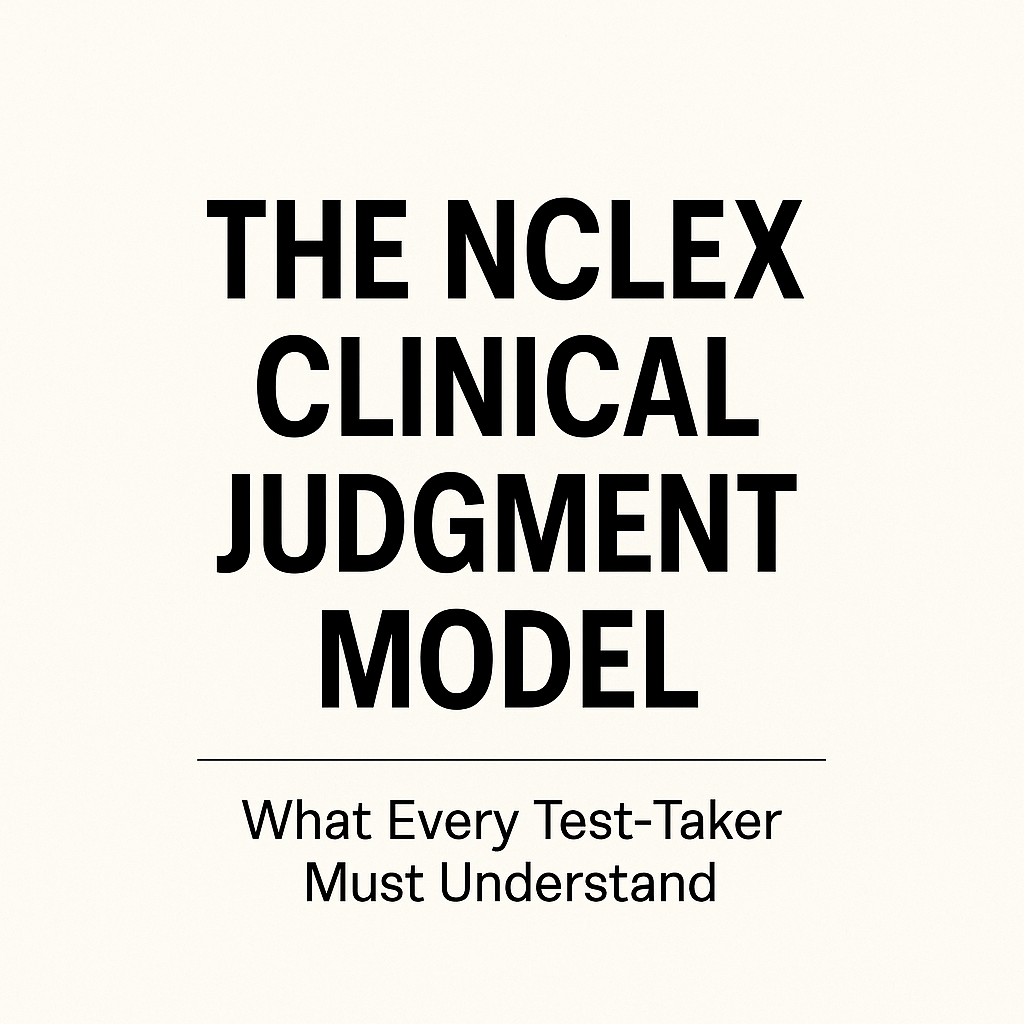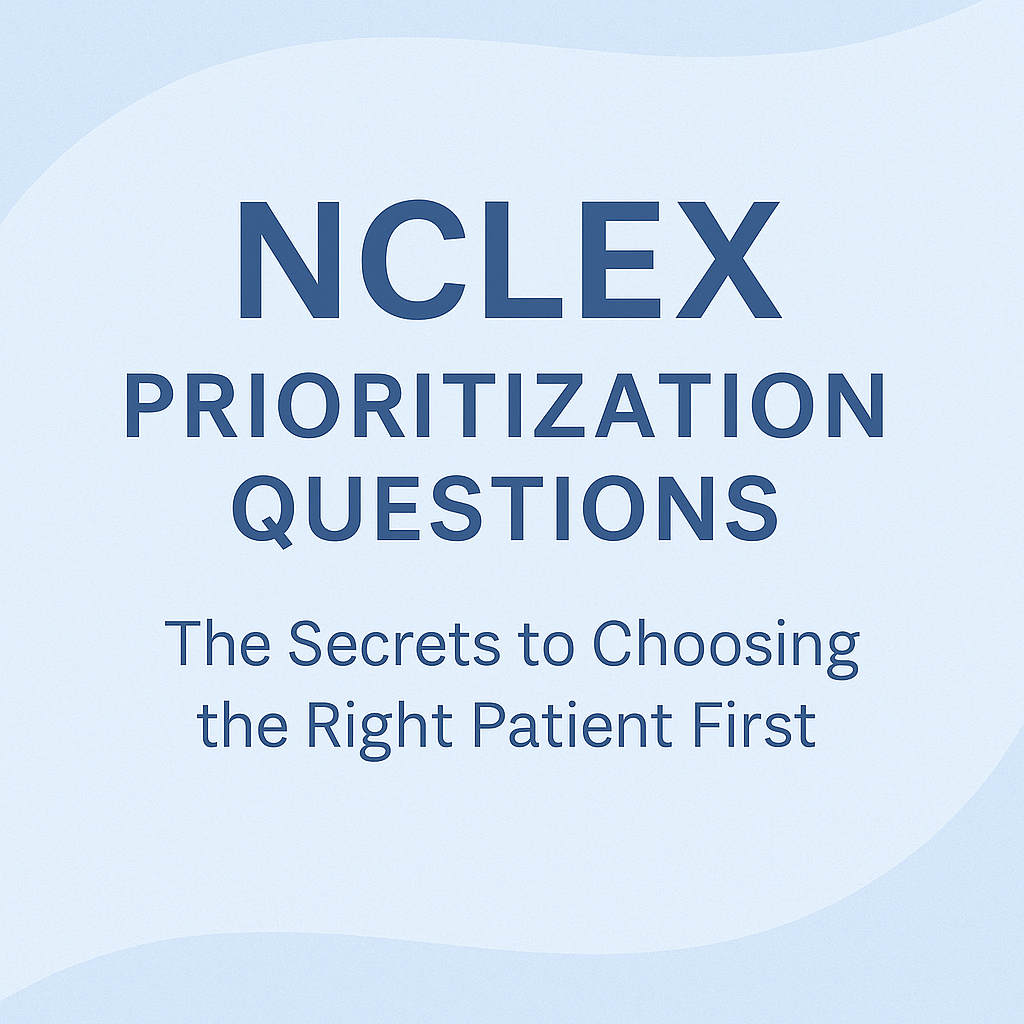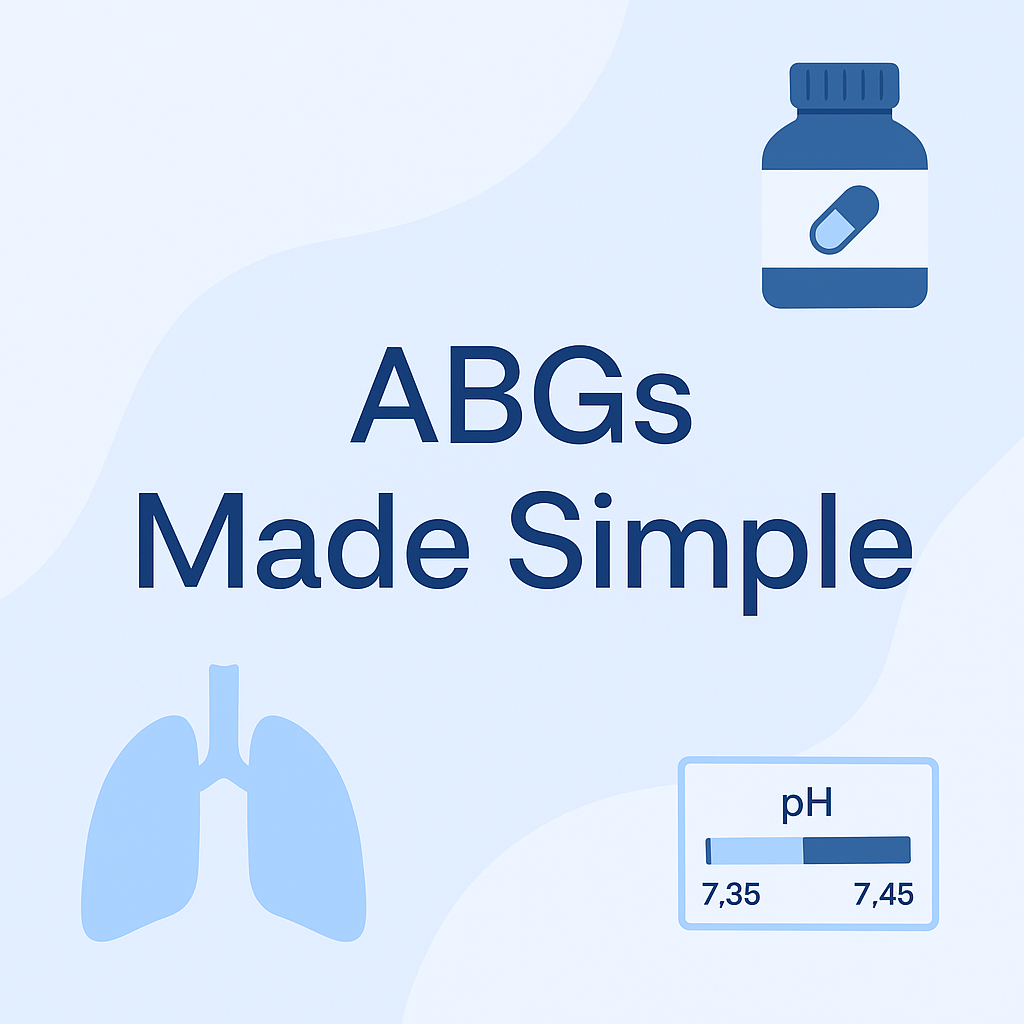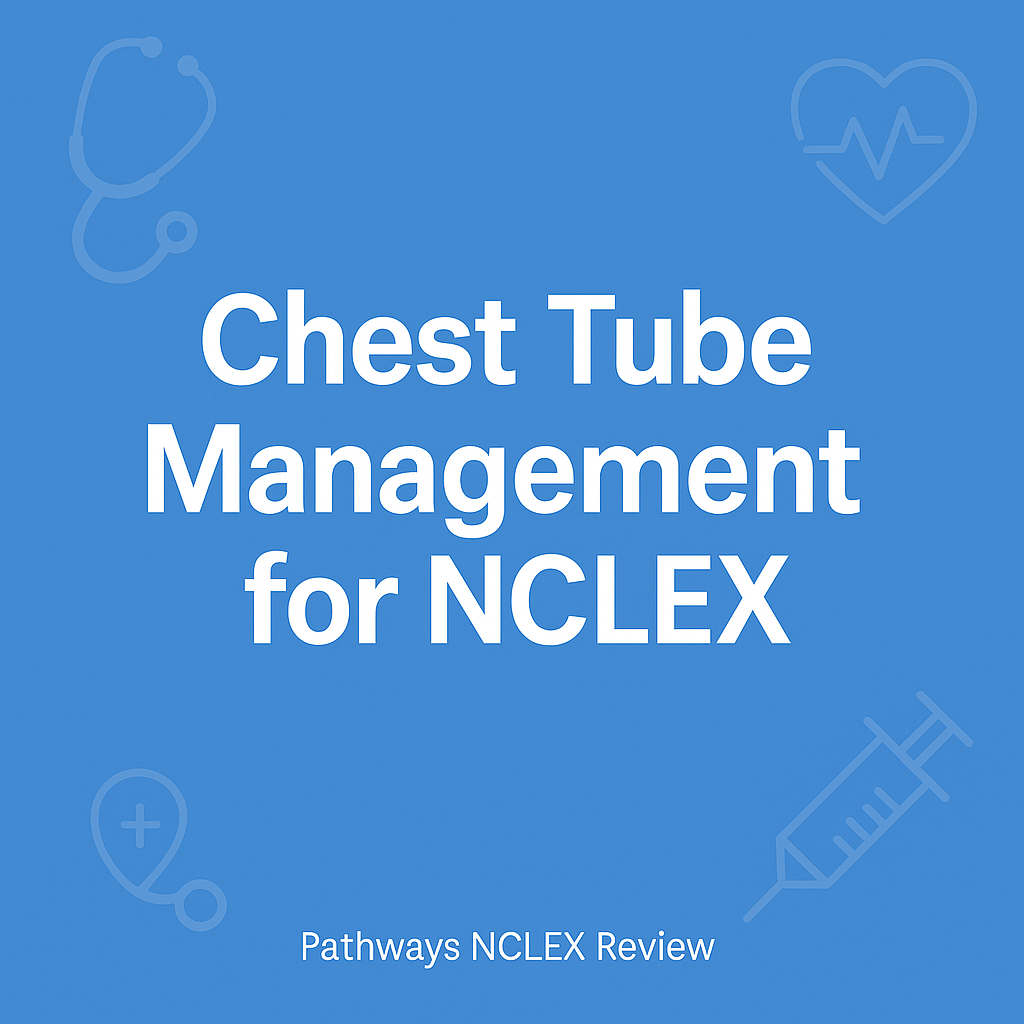The NCLEX Clinical Judgment Model: What Every Test-Taker Must Understand
The new NCLEX isn’t just about what you know—it’s about how you think. With the introduction of Next Generation NCLEX (NGN), the Clinical Judgment Measurement Model (CJMM) has taken center stage. But what exactly is it? And how can mastering it help you pass the exam? Let’s break it down. What Is the Clinical Judgment Measurement Model (CJMM)? Developed by the National Council of State Boards of Nursing (NCSBN), the CJMM is a framework that mirrors the decision-making process nurses use in real clinical settings. It’s designed to assess how well you can recognize cues, analyze data, make decisions, and …
NCLEX Prioritization Questions: The Secrets to Choosing the Right Patient First
If you’ve taken an NCLEX practice test recently, you’ve probably noticed that prioritization questions are everywhere. They test your ability to identify which patient is the most critical and should be seen first. These aren’t just memory-based questions—they require critical thinking and clinical judgment. So, how do you consistently pick the right answer? What Are Prioritization Questions? Prioritization questions ask:“Which patient should the nurse assess first?”“Who is the most at risk?”“What should the nurse do next?” These questions challenge your understanding of: Key Frameworks That Help You Succeed 1. The ABCs: Airway, Breathing, Circulation This is the #1 framework to …
ABGs Made Simple: Mastering Arterial Blood Gas Interpretation for the NCLEX
Arterial Blood Gases (ABGs) can seem intimidating—but they’re a favorite topic on the NCLEX because they assess your ability to recognize life-threatening acid-base imbalances. If you’ve ever felt lost when interpreting pH, PaCO₂, or HCO₃⁻ levels, this guide is your step-by-step roadmap to ABG mastery. What Are ABGs and Why Are They Important? ABGs are lab tests that measure: On the NCLEX, you’ll be expected to: Normal ABG Values to Memorize Value Normal Range pH 7.35 – 7.45 PaCO₂ 35 – 45 mm Hg HCO₃⁻ 22 – 26 mEq/L PaO₂ 80 – 100 mm Hg SaO₂ 95% – 100% 3 …
Chest Tube Management for the NCLEX: What Every Nurse Should Know
Chest tube questions are a favorite on the NCLEX because they test both your clinical judgment and your ability to respond to emergencies. Whether the patient has a pneumothorax, hemothorax, or pleural effusion, chest tube care is critical—and so is your understanding of what’s normal, what’s not, and when to act fast. In this post, we’ll break it all down so you can walk into your exam with confidence. What Is a Chest Tube and Why Is It Used? A chest tube is a flexible plastic tube inserted through the chest wall and into the pleural space to: It connects …







